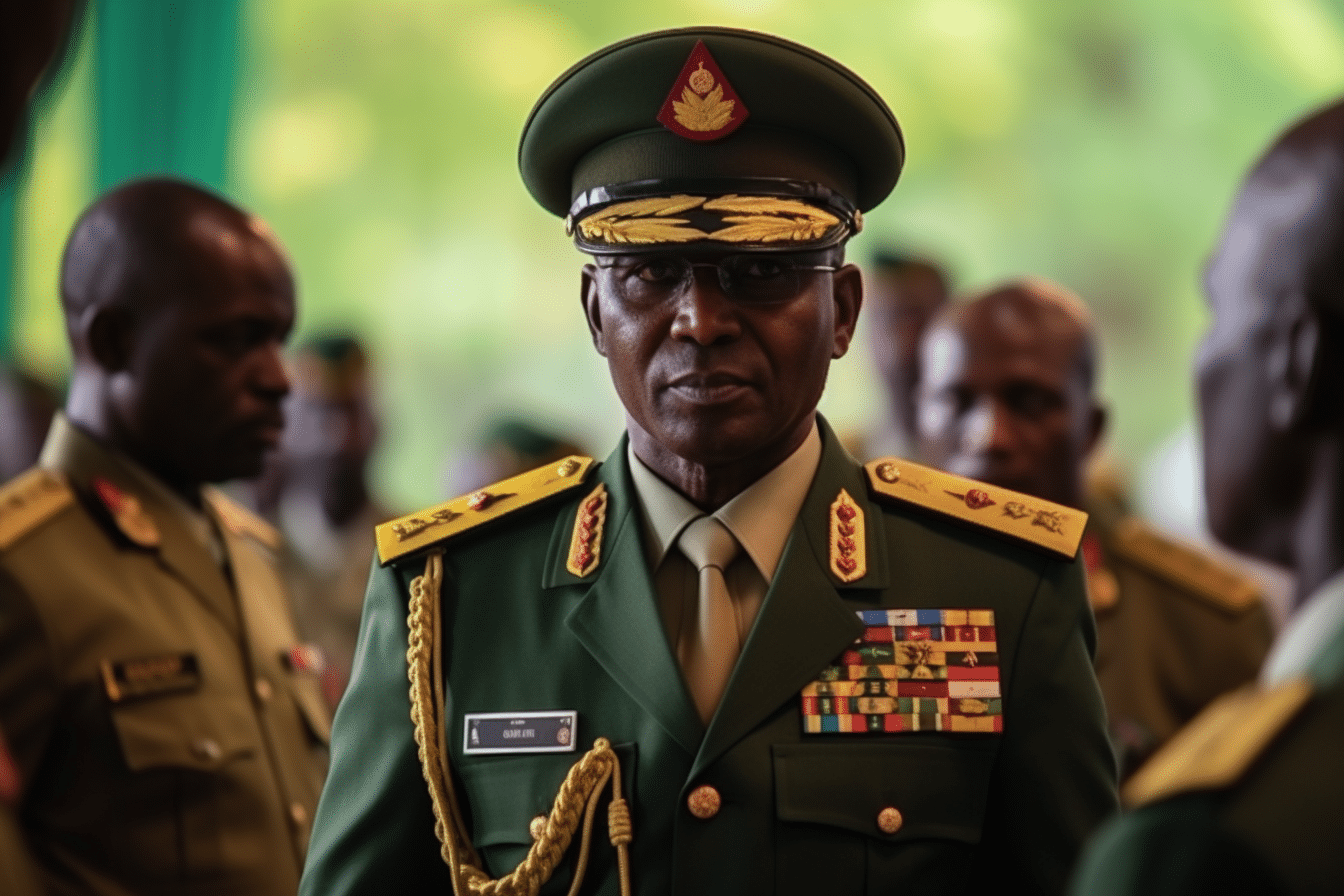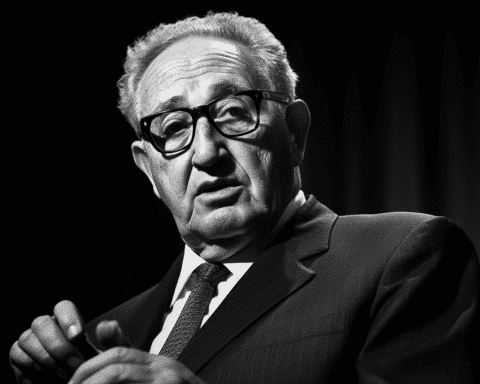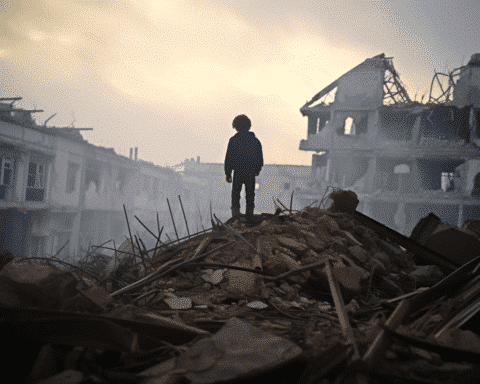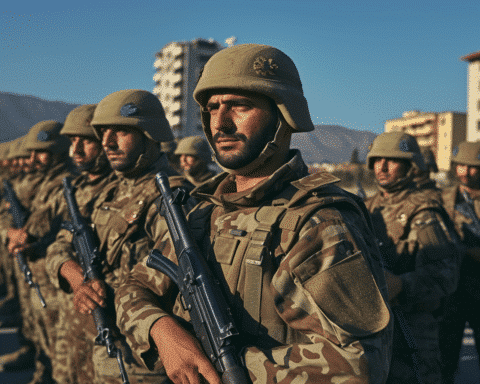As Niger’s political turmoil deepens after the recent coup, neighbouring countries are grappling with dwindling choices and mounting pressure to restore democratic order, experts observe.
The defence leaders of the ECOWAS, the West African coalition, are congregating in Ghana following the lapse of the set deadline for the insurgent soldiers to release President Mohamed Bazoum. Ousted in July, Bazoum and his family are confined to house arrest in Niamey.
Following ECOWAS’s recent decision to ready a “standby force” to reinstate Niger’s constitutional governance, this is their first assembly. Details remain vague about the potential intervention, which experts suggest could involve thousands of troops from nations like Nigeria, Senegal, Ivory Coast, and Benin, demanding extensive preparation.
The efficacy of ECOWAS in curbing repeated coups in the region has been questionable, with countries like Burkina Faso and Mali witnessing multiple coups in a short span. This recent coup in Niger, deemed one-too-many by the international community and ECOWAS, has led to stern economic sanctions and travel bans, alongside threats of military action.
However, with the stalemate in negotiations and inertia in military actions, the ruling junta is solidifying its grip, limiting ECOWAS’s options. “Given the junta’s current reluctance to succumb to external pressures, any intervention might be counterproductive, while an inability to secure significant compromises could politically weaken ECOWAS,” notes Andrew Lebovich, a scholar at the Clingendael Institute.
Earlier this week, the African Union’s top security council debated supporting the military intervention but has remained tight-lipped about its decision. The union could negate any military action if they perceived it as threatening continental stability. Any rejection would further limit the legal ground for ECOWAS’s intervention, says Lebovich.
However, Abdel-Fatau Musah, ECOWAS’s peace and security commissioner, has expressed the coalition’s intent to collaborate with the UN, emphasizing that they don’t require Security Council endorsement to address Niger’s crisis.
In recent times, Niger, seen as a democratic beacon in the Sahel region, received extensive aid from Western nations to counteract the mounting extremist threats linked to al-Qaida and the Islamic State. However, since the coup, military operations from countries like France and the US have been halted, leading to a spike in extremist attacks.
On Tuesday, a significant jihadi attack led to the demise of 17 Nigerien soldiers, marking the largest in half a year. Sources suggest that these militants are exploiting the coup, moving freely and planning more assaults amidst the diverted attention of Niger’s security.
Niger’s citizens bear the brunt of the unfolding crisis. Many displaced by extremist activities now reside in temporary shelters in Niamey, apprehensive about the ECOWAS intervention. Daouda Mounkaila, who fled the violence with his family, stated his support for the military and his hope for peace in Niger.
The ECOWAS sanctions, meanwhile, have a palpable impact on daily life in Niger. With the country relying heavily on Nigeria for its energy supply, power outages are frequent, impacting businesses. Aid delivery is also becoming challenging due to closed borders, putting millions of already vulnerable Nigeriens at further risk.
Louise Aubin, the U.N.’s resident coordinator in Niger, stressed the dire consequences of the ongoing sanctions, noting the uncertain duration of available supplies like food and vaccines.
The political upheaval in Niger underscores the complexities of governance and intervention in the West African region. As neighbouring nations scramble to find a resolution, the immediate challenges faced by the Nigerien people cannot be sidelined. An intricate balance between ensuring stability, upholding democracy, and meeting humanitarian needs is essential. The global community, including regional powers and international organizations, must act swiftly and collaboratively, placing the welfare of Niger’s citizens at the forefront.




